Regulatory focus across the digital asset market is increasing in a bid to fight and prevent financial fraud, but nothing substantial has been achieved thus far.
As an advocate for behavioral incentives over regulation by enforcement, I’m also focused on efficient, effective, and sustainable compliance and governance programs. I spend much of my time eliminating bureaucracy and dreaming about eliminating rules and regulations that can’t be aligned with a reasonable rationale and return on investment.
The recent regulatory focus on enforcement aimed at digital asset projects has me wondering if we are missing an opportunity. By way of example, the SEC’s recent budget request for fiscal year 2023 includes an additional $240 million for enforcement, mainly for digital (crypto) assets purportedly to prevent fraud and bring enforcement cases against fintech start-ups and others that don’t follow applicable securities laws.
Would we use the same approach if crypto was the solution, not a hindrance, to fighting fraud?
The current enforcement approach could be missing the forest for the trees and remaining loyal to traditional patterns without truly questioning their efficiency and whether they are getting the job done.
How are we doing with traditional governance and compliance programs in fighting fraud?
The transparency international corruption perception index (CPI) suggests that compliance and governance programs fail to eliminate fraud despite all the money and effort to fight fraud within a traditional corporate structure.
With no meaningful improvement in the last decade and over 50% of countries receiving a failing CPI grade for fighting corruption and fraud, the centralized approach, with compliance officers designing and testing compliance programs and continuously asking the business to engage and build a tone or culture of compliance, is not delivering ROI.
Instead, many compliance officers struggle to align incentives and gain collective ownership to report and solve governance gaps. We continue to see corrupt corporate behavior at some of the world’s most successful companies.
Many compliance officers who design and run SEC-compliant governance programs will tell you it is a perpetual challenge to engage an organization in fighting fraud, owning good governance, or acknowledging the duty to protect all the stakeholders.
At the same time, many compliance officers continue to lament the centralized approach and concern for scapegoating. I’d offer that perhaps that’s why the CPI is still high – even without considering new crypto and blockchain projects.
With the recent focus on the enforcement of digital asset projects and their role in facilitating fraud, it feels like it’s an opportune time to pause and consider whether there is an increase in scams or just a perception of a rise. Many in the digital asset space would agree that the organizations or projects do not want to perpetuate or facilitate fraud. Instead, they want to have informed users who can transact without cybersecurity thefts and with informed risk-taking, as Secretary Yellen covered in her recent speech about President Biden’s Administrative Order.
Still, the element of innovation that can successfully and more easily engage all stakeholders in governance and compliance should receive commensurate attention to fraud risk.
The demand for digital assets, new technology, and community involvement via Discord, DAOs, smart contracts, and more show the opportunity to bootstrap newly aligned incentives and innovative infrastructure into a fresh compliance and governance paradigm. This paradigm shift could seamlessly leverage engagement, transparency, and collective ownership, not just for the digital assets project but also in tackling fraud.
For instance, gatekeepers or compliance officers do not need to ask the organization to get involved with decentralized governance. With a blockchain ecosystem, there is a common understanding and social contract that the engagement of all stakeholders is valued and crucial to the organization’s viability.
Additionally, compliance officers in the digital assets space can leverage technology and align incentives to minimize the time and the effort needed to ferret out issues on their own as required under traditional norms. Rather than continue to rely on a centralized audit function, whistleblower programs, and governance-by-policing, they can use the blockchain innovations to imbed behavioral incentives that use the momentum of digital assets to prevent fraud.
With this new paradigm of decentralized governance and compliance, there is an opportunity for self-reporting by stakeholders, whether personnel, token holders, and community members. This activity can effectively replace the reliance on resource intensive audits and enforcement that seems to be most effective only after troubling cultural patterns are immutable and stakeholder harm occurs.
Blockchain projects – with built in incentives to report issues early – can be leveraged as an important alternative to traditional centralized compliance and governance programs. As we consider the CPI statistics as well as increasing budgets for regulatory enforcement teams (the SEC is asking for 133 additional enforcement employees), one wonders whether that is a winning solution.
Beth Haddock
A board member, trusted expert and strategic adviser for growing blockchain and fintech leaders. Beth serves as a bridge between traditional and cutting-edge technologies as a trustee and chair of the Compliance and Risk Committee for yen and USD pegged stablecoins, as a chief legal officer for a fintech platform owned by global giant Franklin Templeton and a strategic advisor to a global DeFi platform.
A founder and Managing Partner of Warburton Advisers, Beth provides governance and regulatory advisory services covering business development, data protection, digital and blockchain products, M&A and ESG investments. She has also developed a patented regulatory technology, is the author of Triple Bottom- line Compliance: How to Deliver Protection, Productivity and Impact and the host of the podcast “What’s Ethical.”
Beth has over 25 years of international C-suite experience and understanding of financial market regulation, compliance investigations, risk management and investment management (IM). As the former Head of Compliance at Brown Brothers Harriman (BBH), a global custody bank with over $4.7 trillion in assets, she successfully led initiatives including service center expansion in Europe, efforts to secure strategic funding and the compliance program redesign.
Beth served as BBH’s Global Chief Compliance Officer (CCO) for the ’40 Act funds, broker-dealer and investment advisor through several material events including crisis related to Madoff, Lehman Brothers and subprime and money market valuations. She also served as the ranking attorney for the ABA Securities Association Lawyers Committee lobbying for the industry on Capitol Hill.
Before becoming the Head of Regulatory Affairs, Beth rebuilt the compliance program as CCO for Guggenheim Investments, which managed more than $200 billion in capital covering 10 different investment sectors and ‘40 Act and private funds.
Beth also held legal and regulatory positions on Capitol Hill and AXA Financial where she led the compliance initiative for M&A, was awarded a global innovation award for her work transforming the 7000+ salesforce from agents to fiduciaries, completed a multi-year development program in Europe and served as Corporate Secretary to the AXA Advisors Board of Trustees.
Beth previously served as an independent director, Corporate Secretary and member of the Nominating and Governance Committee for the Brooklyn Music School and the MUSE Academy. She was also a member of the Board of Trustees for Flat World Partners, an impact investing firm.
Beth currently serves as independent director to GMO-Z.com Trust Company, a subsidiary of a publicly-traded Japanese tech conglomerate and issuer of stablecoins. A respected chair of the Compliance Committee and member of the Audit Committee, she brings deep knowledge of AML, financial technology and regulatory trends with her first-hand experience of crisis management and regulation.
She serves as advisor to Balancer Labs, a DeFi platform, where she is laser-focused on value-added sustainable governance for the DAO and the defi community.
Beth is Chair of the National Society of Compliance Professionals’ Blockchain and Fintech Roundtable and member of the IM Committee for the NYC Bar Association. Beth is also a member of the Advisory Board and Nominating Committee for the non-profit Good Sports.
Beth earned a BA in Economics from Bucknell University, a JD from The Catholic University of America and executive program credentials from Yale University (Sustainability as a Business Enabler)), University of Virginia, Darden (Leadership) and University of California, Berkeley (Sustainable Capital & ESG).
New York, New York • 917-455-6570 • beth@warburtonadvisers.com • linkedin.com/in/bethhaddock












